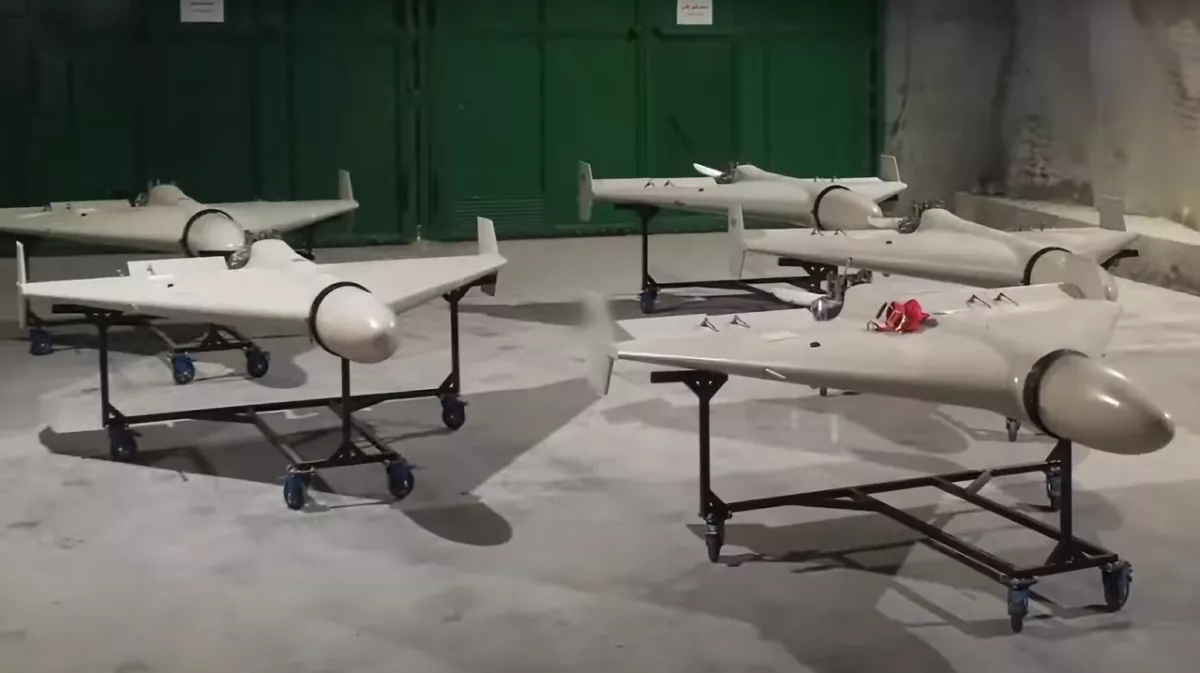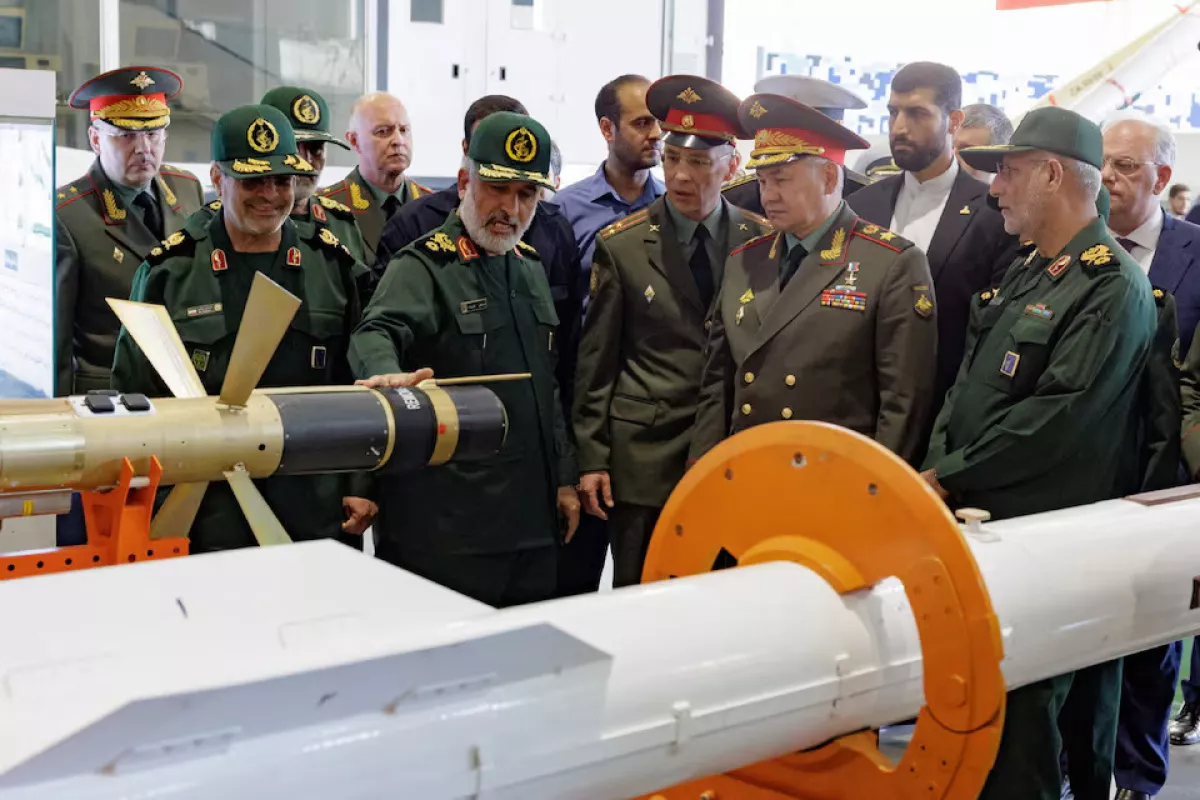Iran’s transfer of ballistic missiles to Russia would be a gamechanger Inching closer to a new war
On September 8, Western media sources, referring to the recent intelligence reports, claimed that Iran transferred short-range ballistic missiles to Russia as the war in Ukraine drew the two countries closer. Although Tehran earlier refuted all allegations that it had transferred any weapon or military equipment to Russia to be used in Ukraine, it recently admitted doing so. The transfer of indigenously-made ballistic missiles repeatedly highlighted the recent accomplishment of the Iranian defence industry despite the long-term international sanctions.
It is not clear when exactly the missiles were delivered, but their transfer comes as Russia has intensified its missile and drone attacks on Ukrainian cities and as Ukraine braces for large-scale Russian attacks on its energy infrastructure. As a reaction, on September 10, Ukraine struck Moscow and western Russia in one of its biggest-ever drone attacks, wrecking dozens of homes and forcing the closure of major airports in Moscow.
At the first stage of the invasion, Russia gained an upper hand against Ukraine due to its vast stock of missiles, though not for a long time. Western support for Ukraine and the provision of air defence systems significantly increased Kyiv's capabilities, while Russia turned to Iran for assistance. As such, Tehran has provided Moscow with thousands of drones while seeking advanced military equipment in return.

Iran’s motivation behind assistance to Russia is indeed heavy Western sanctions forcing it to barter goods for food and fuel. As such, the invasion of Ukraine in 2022 accelerated a new anti-West axis with Russia and Iran at its core. Indeed, the growing Iranian-Russian cooperation has been a cause for concern in the West, leading European diplomats to urge Tehran to reverse course.
The Iranian short-range missiles would allow Russia to deploy its long-range hypersonic Kinzhal missiles — some of the most sophisticated weapons in the Kremlin's arsenal — to hit targets deeper inside Ukraine. The Kinzhals are more difficult to intercept, with only US-made Patriot air defense systems capable of shooting them down. In exchange for its drones and missiles, Tehran has received greater security cooperation from Moscow and military technology.
Undoubtedly, experts believe that Iranian ballistic missiles will pose a huge threat to Ukraine's civilian and military infrastructure. On the other hand, missiles will enable Russia to ambush the Ukrainian forces amid their successful incursion into the Kursk region.
As for Iran, the close alignment with Russia and its technical support is a critical factor in light of the Israel – -Hamas war in the Gaza Strip with the involvement of pro-Iranian proxy groups. Although Iran’s network of regional allies in the “Axis of Resistance” it leads has generally performed well against Israel and the US, the Gaza war has exposed the shortcomings of the Axis in guaranteeing the security of Iran.

In this vein, the Western coalition vowed to take strict measures against Iran – the Iran-Russia axis by dispatching more sophisticated weaponry to Ukraine to tackle Iranian missiles and drones. Nevertheless, the Iranian authorities added that military cooperation between Iran and Russia has existed since before the war in Ukraine. It is within the framework of bilateral agreements, is based on international law and norms, and has nothing to do with the Ukraine crisis.
Iran’s transfer of ballistic missiles to Russia would represent a dramatic escalation in Iran’s support for Russia’s war of aggression against Ukraine, leading to the collapse of all chances for potential peace. Hence, delivering Fath-360 missiles to Russia showed Tehran’s increasingly important role as an arms supplier to the Kremlin.
As such, despite NATO pressure and Ukraine's ongoing Kursk operation, Russia will look forward to fostering defence ties with Iran as an attempt to counter Western support for Kyiv. Even though the recent missile transfers will minimize Moscow-Kyiv peace chances, they would significantly enhance Moscow’s position in the ongoing war against Ukraine.








